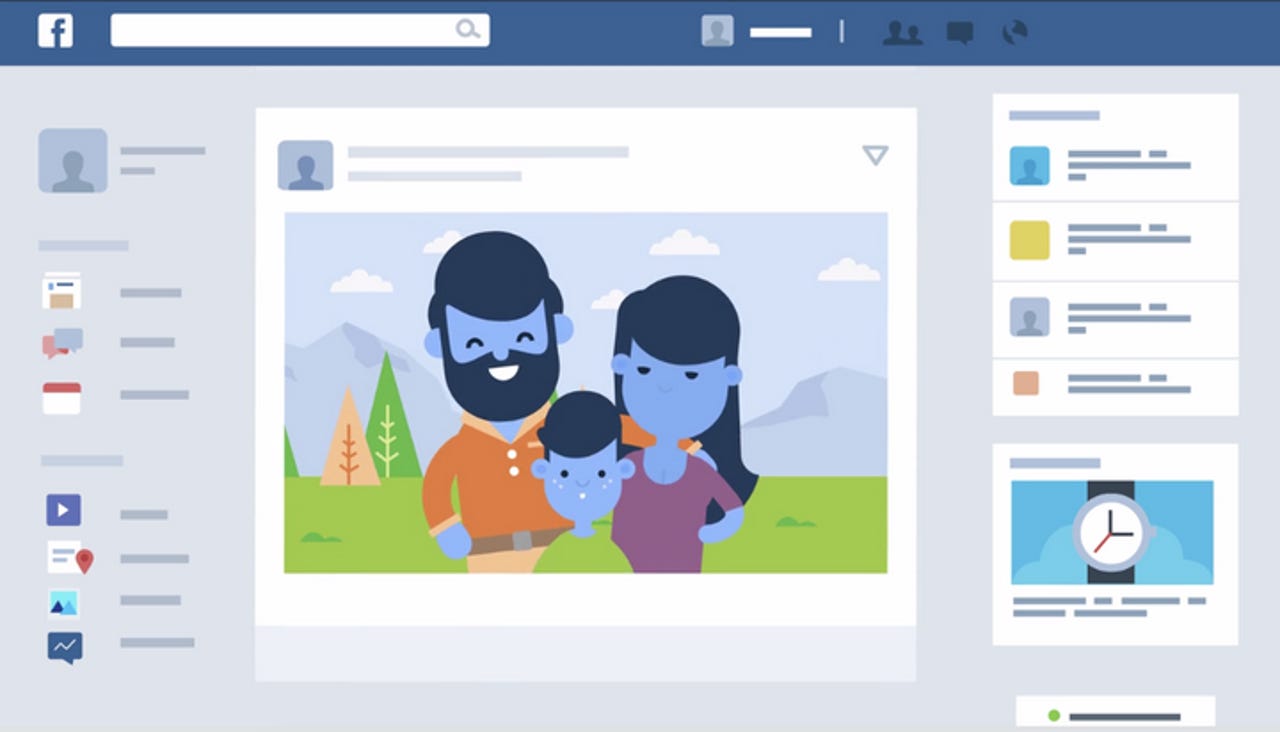Facebook updates guidelines: To ban or not to ban?


Facebook has updated its community guidelines to make what can and cannot be shared on the social network crystal clear.
In a news post this week, the social networking giant's Head of Global Policy Management Monika Bickert and Deputy General Counsel Chris Sonderby outlined the new rules, saying that the company's goal is to "give people a place to share and connect freely and openly, in a safe and secure environment," and to "help people understand what is acceptable to share on Facebook."
The social network's updated Community Standards reiterate Facebook's position on "policies related to self-injury, dangerous organizations, bullying and harassment, criminal activity, sexual violence and exploitation, nudity, hate speech, and violence and graphic content." Facebook emphasized that much of the update is old hat, and "while some of this guidance is new, it is consistent with how we've applied our standards in the past."
As an example, hate speech has always been banned on the website -- but what classifies as hate speech is a debatable topic.
"We understand that many countries have concerns about hate speech in their communities, so we regularly talk to governments, community members, academics and other experts from around the globe to ensure that we are in the best position possible to recognize and remove such speech from our community," Bickert says. "We know that our policies won't perfectly address every piece of content, especially where we have limited context, but we evaluate reported content seriously and do our best to get it right."
However, most of the system remains the same -- as the company relies on users to flag up content believed to be inappropriate. To this end, the "Report" link found in the top right-hand corner of posts remains in place.
In addition to the updated guidelines, Facebook also revealed the Global Government Requests Report which covers government requests for data in the second half of 2014. The tech giant's latest report says the company is continuing to see an increase in requests. The requests Facebook receives are for content removal and user account data, as well as national security requests under the US Foreign Intelligence Surveillance Act and through National Security Letters.
Featured
While the firm's community standards may clarify general topics, there are also gray areas caused by local laws. Facebook says if content removal requests are received for content which violates local regulations, the social network will not necessarily remove it from Facebook entirely -- but may restrict access to it in the country where it is illegal.
However, Facebook says it challenges requests "that appear to be unreasonable or overbroad."
Facebook says the amount of requests based on content posted on the site which violates local laws increased by 11 percent based on the first half of 2014, resulting in the restriction of 9,707 pieces of content, up from 8,774. While countries including Russia and Turkey upped their requests, requests sent from countries including Pakistan declined.
Government requests for account data increased slightly in the second half of 2014, rising from 34,946 to 35,051. There was an increase of account data requests from the Indian government, but declining request numbers from the United States government. In total, the US made 14,274 requests, relating to 21,731 users and accounts. Facebook handed over "some" data in 79 percent of cases.
Bickert said:
"Moving forward, we will continue to scrutinize each government request and push back when we find deficiencies. We will also continue to push governments around the world to reform their surveillance practices in a way that maintains the safety and security of their people while ensuring their rights and freedoms are protected."
Following heightened concerns over surveillance and security stemming from Edward Snowden's NSA disclosures, companies including Facebook, Google and Microsoft now publish transparency reports documenting government requests for data they receive.
Read on: In the world of security
- Anonymous targets ISIS social media, recruitment drives in #OpISIS campaign
- Poor security left Anthem customer records exposed
- Verizon rushes fix for email account open season security flaw
- Sony executive Amy Pascal steps down following cyberattack, email exposure
- Facebook funds GNU Privacy Guard development